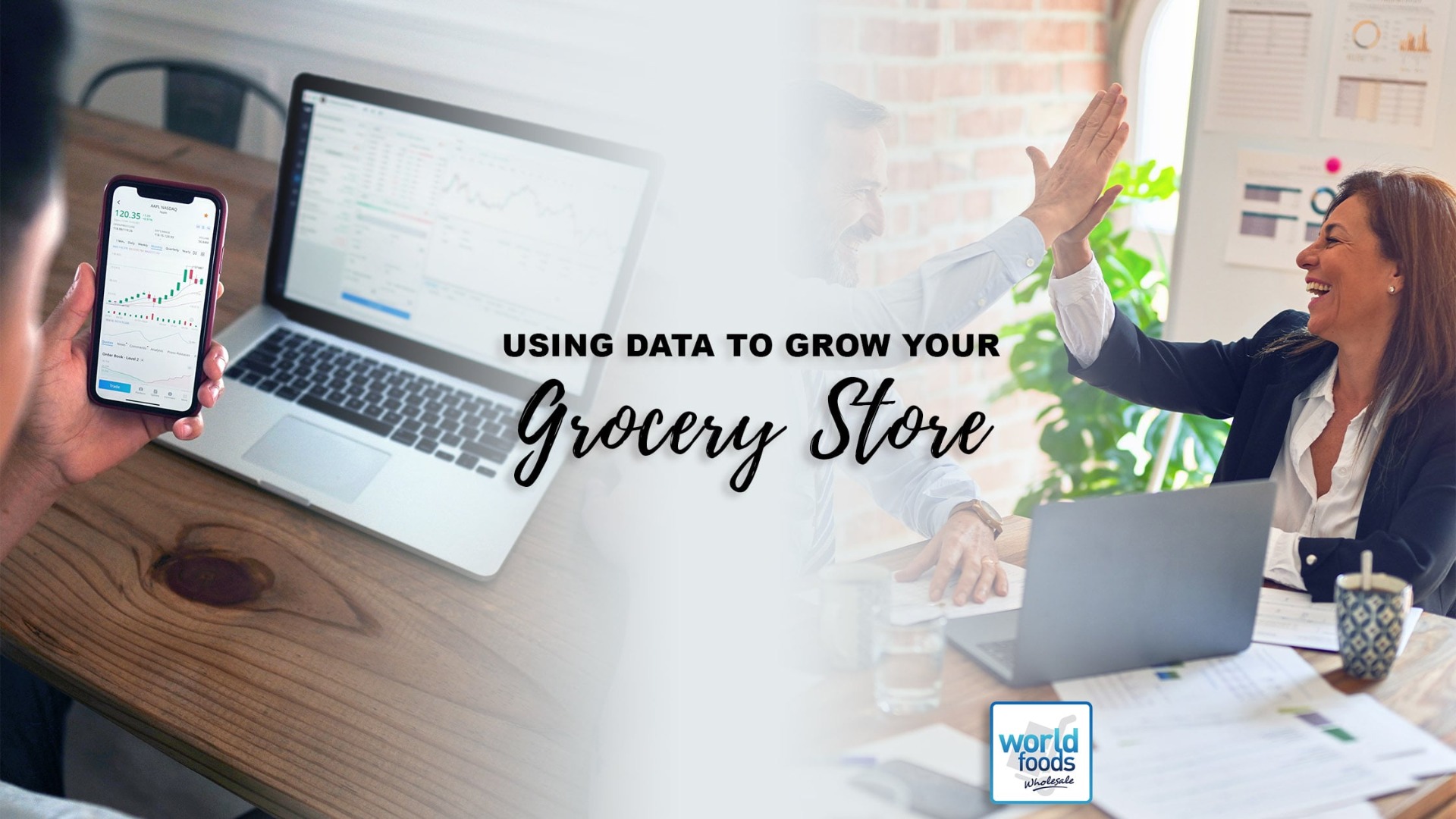Using Data to Grow Your Small Grocery Store
In a world of increasing digital presence, the use of data should not be flying under the radar. Small grocery stores can benefit substantially from using it to analyse product seasonality, and customer profiles, or discover new areas of growth. Accumulating, inspecting, and deciphering data associated with a product or service can help smaller grocery stores to make informed decisions that optimize their business processes, increasing their revenue. This article will explore how you can benefit from product analytics to grow your smaller grocery stores.
Customer Profiling
Analytics can be a great tool to gather more knowledge about your customers and adjust the products you offer accordingly. Through analysis, small grocery stores can gain a better understanding of which products are in demand and which ones are not. Customer purchase data can be used to refine your stocking and inventory strategies to customers' preferences. Furthermore, using customer analytics to tailor products and services to your customers' preferences can help you grow customer satisfaction and increase loyalty.
Stock & Pricing Strategy
Optimizing your prices is important to extract as much value as possible from your products. Sales data analysis can help you identify products that are overpriced or underpriced. Use this information to adjust prices to reflect the market demand for each product better. Analytics can also enhance stock management. Using data, grocery stores can better understand how merchandise is promoted. The information can then be used to stop overstocking or stockouts.
How Do I Start Using Data in My Store?
Small grocery retailers must take numerous steps to incorporate product analytics. They must first define the type of data they wish to collect, such as sales data, customer data, or market data. Second, they must select an analytics solution or programme to assist them in collecting and analysing this data. Finally, they must build systems for data collection and analysis, such as creating dashboards or reports. Ultimately, they must use the data insights to make informed decisions regarding their business operations.
Conclusion
The benefits of data for small businesses are infinitely exponential. You can use data analysis to gain insight into customer trends, inefficient pricing, and growth opportunities. Identify the data you want to collect and gather it. Using the analysis of the data you can make educated decisions to improve your business operations and increase revenue.


Comments
Leave A Reply
Your email address will not be published.